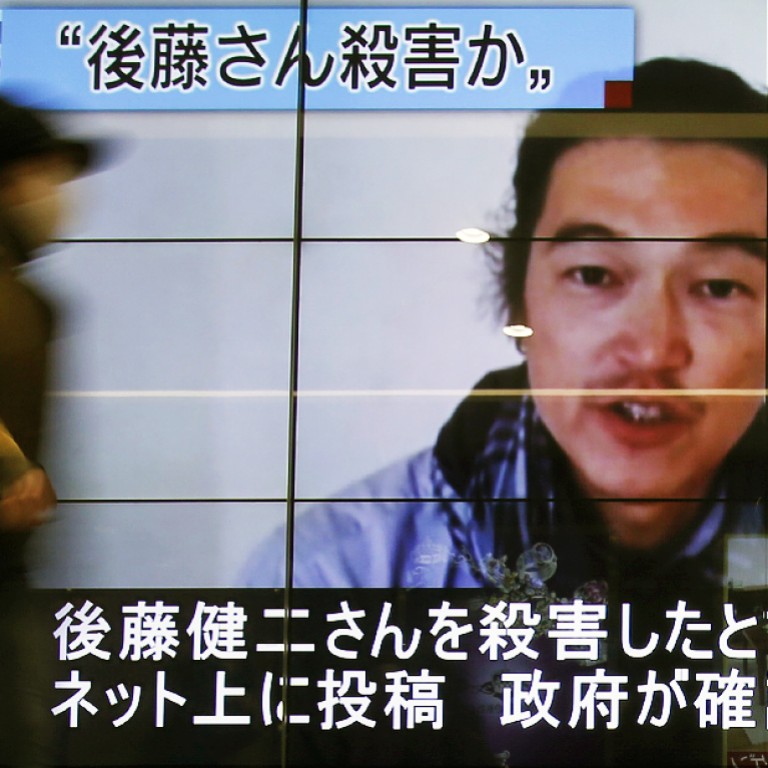
Japan wants an MI6-style spy agency to keep watch on other countries
Hostage crisis prompts government to consider overseas intelligence body as Shinzo Abe seeks to bolster the nation's security capabilities
Japan is looking into creating an overseas intelligence agency modelled on Britain's MI6 spy service, ruling party lawmakers say, 70 years after Allied victors dismantled Japan's fearsome military intelligence apparatus following the second world war.
A new foreign intelligence agency would be integral to Prime Minister Shinzo Abe's plans to relax the post-war constitution's limits on the military's ability to operate overseas.
The idea that Japan's fragmented intelligence community needs a makeover has also gained momentum since the killing of two Japanese captives by Islamic State militants in Syria earlier this year showed how much Tokyo relied on friendly countries for information.
Abe has already set up a US-style National Security Council and enacted strict state secrets legislation, and is now working to lift a ban on exercising the right of collective self-defence, or militarily aiding an ally under attack.
"To become a 'normal country', an intelligence agency is vital," said Takushoku University professor Takashi Kawakami, using a phrase referring to shedding constitutional constraints that conservatives say limit Japan's ability to defend itself.
Lawmakers in Abe's Liberal Democratic Party hope to draft proposals in the autumn after visiting countries such as Britain.
If the LDP and the government conclude a new agency is needed, legislation could be enacted next year, LDP lawmaker Takeshi Iwaya said in a recent interview.
"In an age when we don't know when or where Japanese lives will be at risk ... we need to collect more overseas information," said Iwaya, who heads a team studying the issue.
Japan's existing intelligence community has about 4,400 personnel split into units under different ministries, but has been hampered by a reluctance to share secrets across bureaucratic lines, experts say.
The main actors in Japan's intelligence community are the National Police Agency (NPA), the Justice Ministry's Public Security Intelligence Agency (PSIA), the Defence Ministry's Defence Intelligence Headquarters, the Foreign Ministry, and the Cabinet Intelligence Research Office, whose staff come largely from other ministries.
The PSIA, with some 1,500 staff and whose main job is to monitor domestic subversive and extremist groups, could be a logical choice to form the core of a new agency, adding overseas counter-terrorism to its portfolio, some experts said.
Bureaucratic rivalries aside, politicians may be wary of setting up a new agency given public memories of a wartime military intelligence apparatus that operated outside civilian control.
Abe's support ratings slipped in 2013 after his ruling bloc passed the state secrets act despite criticism it would muzzle the media and let officials hide misdeeds, and he is already pushing controversial changes to the scope for military action.
Attitudes, however, might have shifted after the killing of the two hostages, Iwaya said.
"It was a fact that we didn't have enough presence in the Middle East and had to rely mainly on foreign countries beginning with Jordan and Turkey," he said. "So the public has begun to think they want information gathering and analysis done properly."
If Tokyo decides on a new agency, building one as capable as overseas counterparts would take decades.

